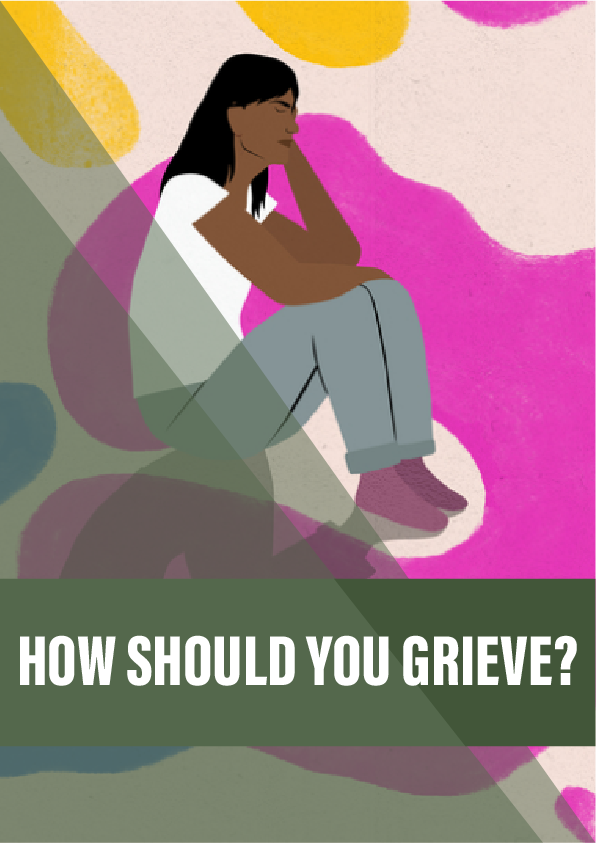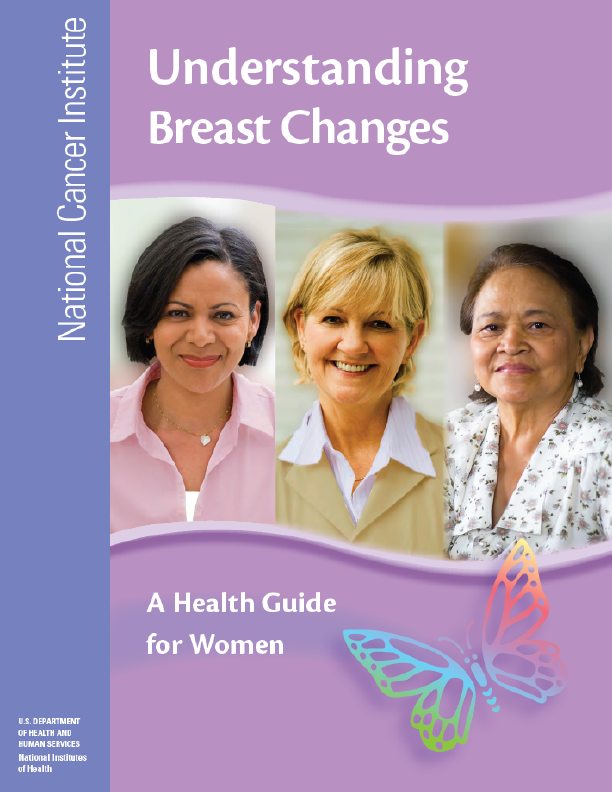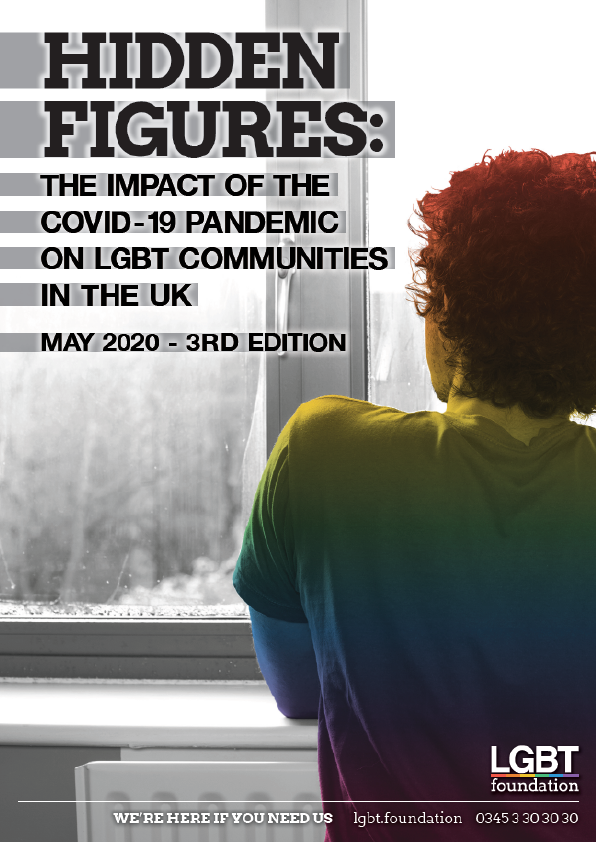The pain and sorrow of bereavement is supposed to get easier to bear as time passes. But what if it doesn’t? Psychiatrists call it ‘complicated grief’ – and it can be treated. Andrea Volpe reports.
After Stephanie Muldberg’s 13-year-old son Eric died of Ewing’s sarcoma in 2004, she was lost in a sea of grief. Her days were long, unstructured, monotonous. She barely left her New Jersey home. When she did leave, she planned her routes carefully to avoid driving past the hospital, just a few miles away, where Eric had been treated during the 16 months of his illness, or the fields where he had played baseball. Grocery shopping was a minefield, because it was painful to contemplate buying Eric’s favourite foods without him. To enjoy anything when he could not felt wrong. And Muldberg never thought she would be able to return to the temple where he had celebrated his bar mitzvah – and where his funeral was held.
Looking back, she describes herself as not knowing how to grieve after Eric died. “I didn’t know what to do, how to act in front of people – what I needed to do privately, who I could reach out to. I was fearful of making people more emotional, too emotional, and having to comfort them,” she tells me, by Skype. “I didn’t know how to talk about what I was thinking.” Muldberg’s long dark hair is pulled back and she’s wearing a white T-shirt. One of the things she says is that she thought if she stopped grieving, her memories of Eric would fade, and she’d lose her connection to her son for ever.
The passage of time often seems the only remedy for grief, but time didn’t help Muldberg. In the years following Eric’s death, she says, she felt consumed by grief. Then a family physician heard a talk by Columbia University psychiatrist Katherine Shear about treating chronic and unremitting grief and thought Shear might be able to help her.
Four years after Eric died, Muldberg arrived at the New York State Psychiatric Institute in Manhattan, for her first meeting with Shear. She answered Shear’s questions with as few words as possible. It was as if she were barely present in the small, windowless room. Her face was drawn and clouded; she sat crumpled in her chair, arms crossed tightly around her, as if the weight of her loss made it impossible to sit up straight. It felt to her as if Eric had died just the day before. Shear diagnosed Muldberg with complicated grief, the unusually intense and persistent form of grief she has been researching and treating for almost 20 years.
Grief, by definition, is the deep, wrenching sorrow of loss. The initial intense anguish, what Shear calls acute grief, usually abates with time. Shear says that complicated grief is more chronic and more emotionally intense than more typical courses through grief, and it stays at acute levels for longer. Women are more vulnerable to complicated grief than men. It often follows particularly difficult losses that test a person’s emotional and social resources, and where the mourner was deeply attached to the person they are grieving. Researchers estimate complicated grief affects approximately 2 to 3 per cent of the population worldwide. It affects 10 to 20 per cent of people after the death of a spouse or romantic partner, or when the death of a loved one is sudden or violent, and it is even more common among parents who have lost a child. Clinicians are just beginning to acknowledge how debilitating this form of grief can be. But it can be treated.
Reference:
- The Year of Magical Thinking is writer Joan Didion’s account of grieving for her husband and daughter.
- George Bonanno’s book The Other Side of Sadness: What the new science of bereavement tells us about life after loss sets out his understanding of grief.
- Journalist Ruth Davis Konisgsberg’s book, The Truth About Grief: The myth of its five stages and the new science of loss, argues against the ‘five stages’ model of mourning.
- Donald Hall’s book of poems, Without: Poems, was inspired by the death of his wife.
- Cruse Bereavement Care is a UK charity offering support to those coping with grief.
- The Center for Complicated Grief at Columbia University is the leading centre for research and training around complicated grief.
- The Dougy Center in Portland, Oregon, is a national US support service for grieving families and children.











